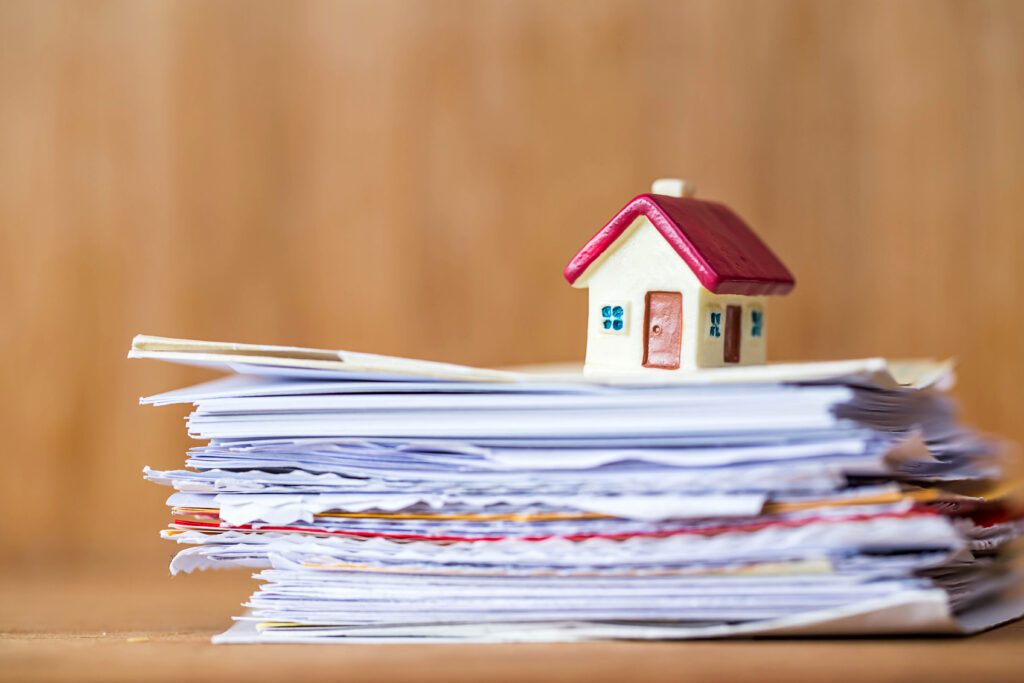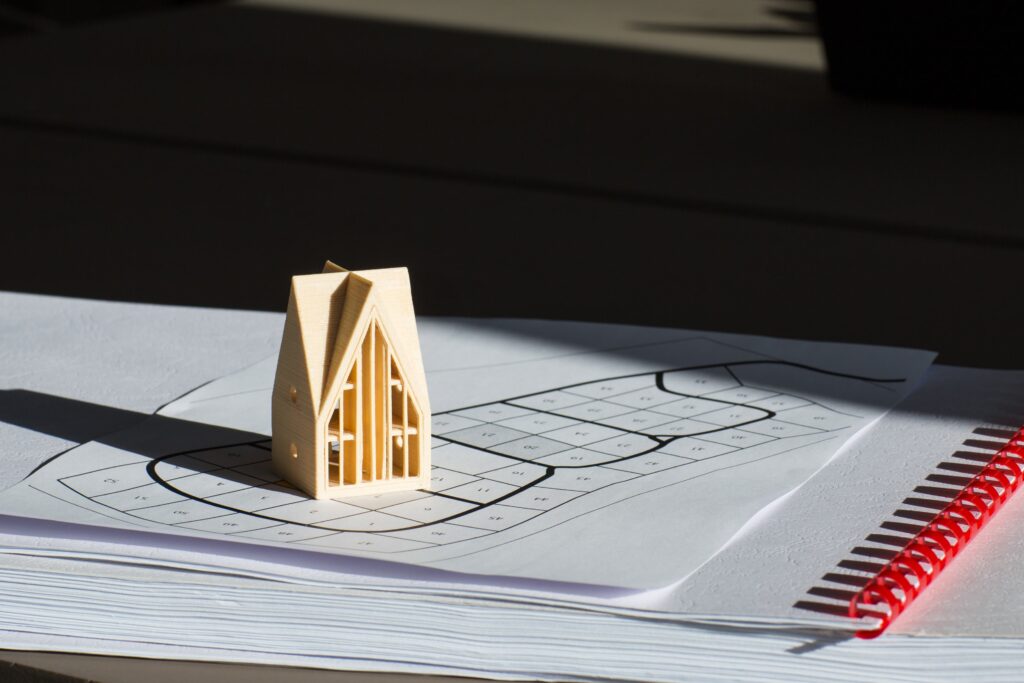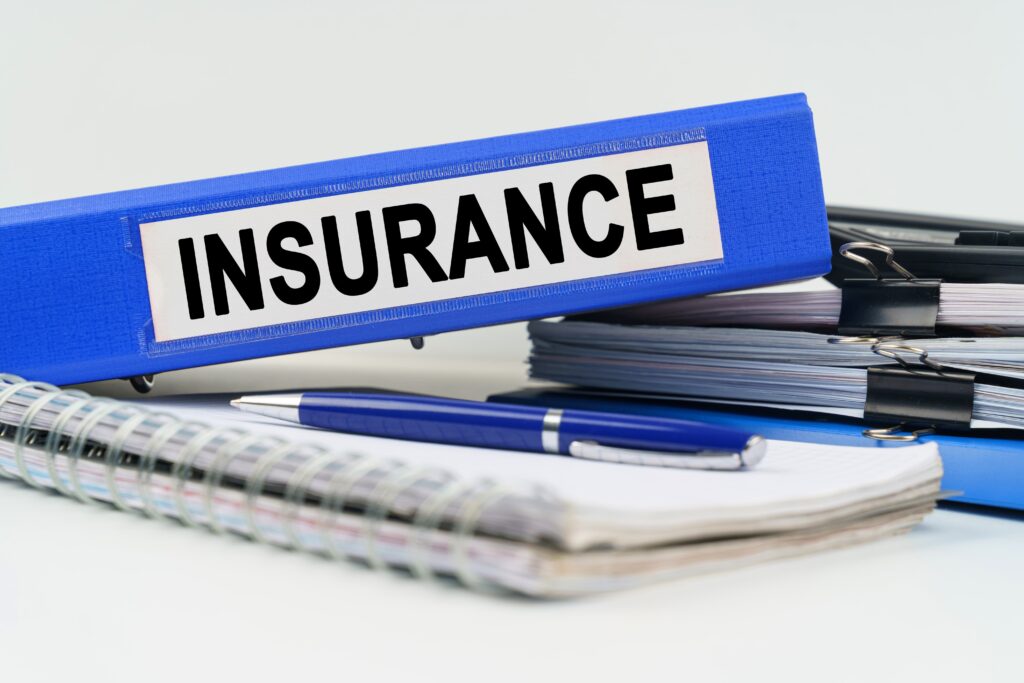8 Real Estate Documents to Keep

Published on 26 October 2023 in Blog Ottawa Community Information by
Last updated on March 27th, 2025 at 09:58 am
Whether you’re a seasoned property owner or a first-time homebuyer, there’s a universal truth in the world of real estate: Paperwork is your best friend. Owning a home is a thrilling adventure, but it also has many responsibilities to keep tabs on. From ownership and financial records to crucial insurance policies, maintaining a well-organized collection of real estate documents is both smart and necessary. This article will break down the most essential documents to keep in your file.1. Title Deed
Your title deed is your golden ticket, the official document proving you’re a property’s rightful owner. Keep your title deed in a safe place, like a locked filing cabinet or safety deposit box. If you’ve misplaced the document or require a copy, you can request one from your local land registry office.2. Property Survey
The property survey maps out your home’s boundaries, helping you avoid disputes with neighbours and ensuring you don’t accidentally build on their side of the fence. This document should be updated whenever you make significant changes to your property, such as adding a pool or extension.
3. Mortgage Documents
Mortgages are a part of life for most homeowners, and along with them comes a stack of important documents. These papers may include your mortgage agreement, amortization schedule, and annual statements from your lender. Keeping these documents handy is essential to monitor your financial responsibility. It’s also helpful for tax purposes—your mortgage interest may be tax deductible in Canada if it’s for an investment property, so having records on hand can save you money come tax season.4. Property Tax Records
Keeping track of your property tax records is vital for budgeting purposes. You’ll generally receive annual property tax statements accompanied by assessment notices. These documents outline the amount you owe and any changes to your property’s assessed value. To avoid any surprises, keep these documents together in a designated folder.5. Homeowner’s Insurance Policy
Your home insurance policy shields you against unexpected events that could damage or destroy your home. This document outlines your coverage in the face of various disasters, like fire, flood, or theft. Keep a physical copy on hand wherever you store important documents, and consider keeping a digital backup just in case.
6. Maintenance and Renovation Records
Taking care of your home is an ongoing process. From routine maintenance like plumbing repairs to major renovations like a kitchen remodel or a new roof, it’s crucial to hold onto invoices and receipts for all work completed on your property. These documents prove finished work and serve as a valuable resource for tracking expenses, especially when tax season rolls around.7. Contracts and Agreements
Real estate transactions involve various contracts and agreements. Whether you’re buying or selling a property, leasing, or entering into agreements with contractors, keeping these documents secure yet easily accessible is crucial. Common examples include:- Purchase and Sale Agreement: This contract outlines the terms of your property purchase or sale, including the price, closing date, and any contingencies.
- Lease Agreements: If you’re a landlord, lease agreements are vital for establishing the terms of the lease, rent, and responsibilities of each party.
- Service Contracts: Agreements with contractors, such as renovations or ongoing maintenance, should be retained for reference and potential dispute resolution.
 8. Important Contact Information
8. Important Contact Information
While these aren’t official documents, keeping essential contact information on hand is important. These can include:
- Your real estate agent
- Insurance agents
- Home inspectors and contractors
- Local utility contacts
- Neighbour contacts